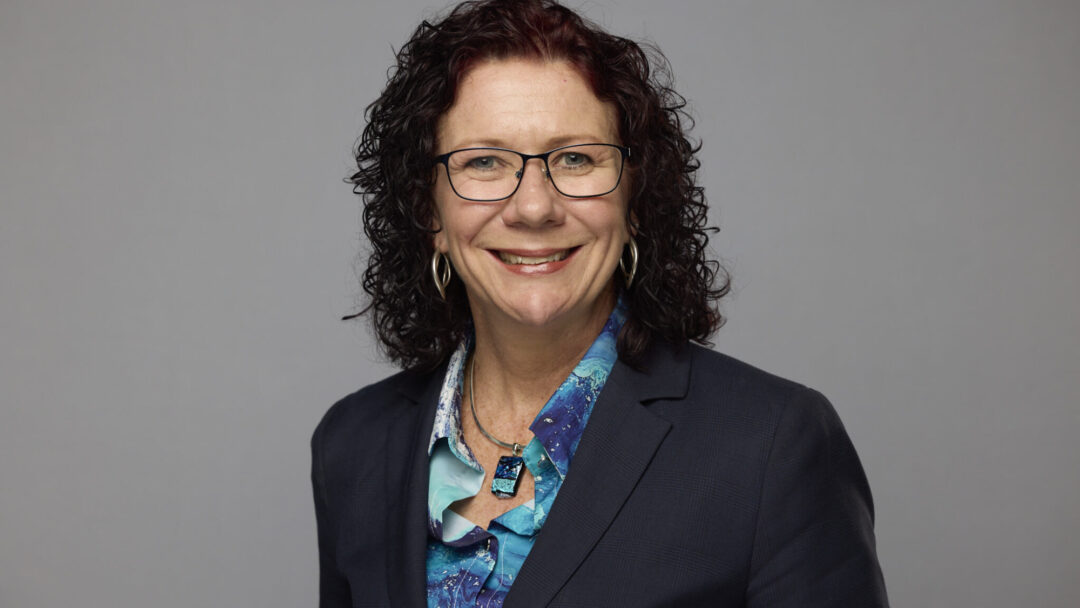News
There is growing concern about the overwhelming number of children and young people with disability serving time in Australia’s youth detention centres, where they are faced with additional challenges, which can lead to further vulnerability, according to National Legal Aid.
Powerd Media sat down with the ACT’s Children and Young People Commissioner, Jodie Griffiths-Cook, to discuss how systemic issues can often lead to the overrepresentation of young people with disabilities in youth detention.
The kids with disability who are in our youth detention systems… are often there because of compounding intergenerational challenges that haven't been adequately dealt with
Jodie Griffiths-Cook
Commissioner Griffiths-Cook argues intergenerational challenges like trauma, poverty, and a lack of educational and parenting support can make children increasingly vulnerable to exploitation and eventual contact with the youth justice system.
She believes youth involvement in the justice system, especially for young people with disability, is often not about them being the issue, but rather a reflection of government systems failing to provide adequate and timely support for them and their families.
A 2023 study by the Bureau of Crime Statistics and Research (BOCSAR), compared the criminal activity of approximately 13,302 young people with disability born in NSW between 1997 to 2000 to those of young people without disability.
Although just over 8 in 10 young people with disability did not offend before the age of 18, they are vastly overrepresented in the youth justice system, according to Bureau of Crime Statistics and Research.
Commissioner Griffiths-Cook explains accessible supports, such as the Public Advocate Liaison (PAL) role piloted by her office in 2025, are invaluable in helping people with disability navigate the justice system.
The government has subscribed to the Disability Justice Strategy… to ideally reduce the number of people with disability who inadvertently find themselves caught within the justice space. By working directly with people with disability at the point of initial contact with the courts, supports like the PAL enable more effective solutions that improve outcomes for court users while also reducing costs for the justice system itself.
Jodie Griffiths-Cook
Commissioner Griffiths-Cook also points to strategies like the Intermediary Program, which allows police or courts to request an intermediary to help a vulnerable person, such as someone with a disability, give their best evidence or get a fair trial. This can involve communication support or advising the court to slow down proceedings or take regular breaks, according to the ACT Human Rights Commission.
The ACT Children and Young People Commissioner believes systems like the Public Advocacy Liaison and the Intermediary Program improve judicial outcomes for people with disability.
“Mechanisms like these are really useful in terms of reducing risks to people in the justice system and, in particular, reducing the risk of people being criminalised off the back of simply having a disability or a mental health concern.”
